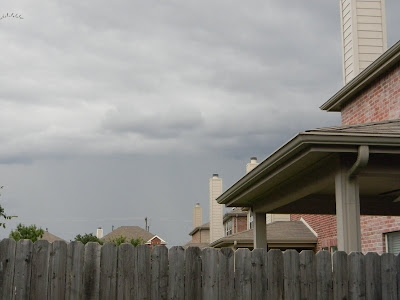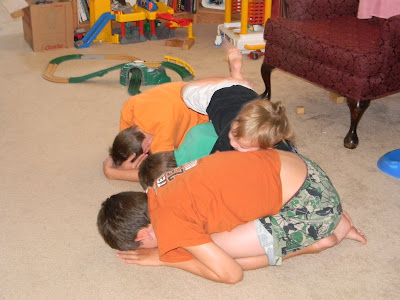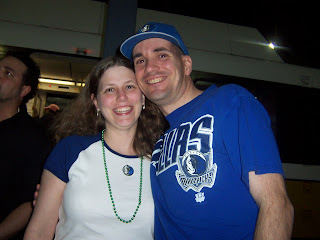As a member of the Catholic church all my life, I have had a great variety of exposure to many styles of music in worship. Some good, some not-so-good. But "good" is not an objective word, is it? (Well, "good" is not objective when it comes to
music, I should say!)
What is "good" music? And what is "good" music, liturgically speaking?
(I am only beginning a better study of the subject, so this is more of an introductory editorial than a well-researched thought. Hopefully I will get to that point! And this is of course, an excuse for any of my facts that are off - I am still working on it!!! )
I was a child of the Catholic Charismatic movement. This movement is steeped in the rich tradition of the Holy Spirit. A great deal of music was produced during the start of this movement, in the 1960's, '70's, and early '80's. Think of it as a precursor to modern-day praise-and-worship.
At the same time, I have been in parish life since birth, and thus exposed to the more traditional elements of the Catholic faith.
In other words, I can jam with Mercy Me, Tim Hughes, and Newsboys as well as chant "Tantum Ergo" (in both English and Latin)!
Music is emotional, there is no denying that. We love music because of the connections we feel, the emotions it evokes, the way it transports us out of ourselves. That is the attraction to praise and worship style music. It can help us establish that feeling of awe and wonder, that feeling of being in front of something so much bigger than ourselves. It is a private worship at the same time it is communal.
Chant, usually associated with Gregorian chant, is a very old style of music, named after Pope Gregory the Great. It is often monophonic, or without harmony, but can be polyphonic. It is beautiful in its simplicity. It is very powerful, for it connects the singer directly with the text without fancy musical frills. There is a beautiful austerity to chant.
In the wake of great sweeping reforms after Vatican Council II (1962-1965), many worthy things were (mistakenly) thrown out. As the liturgy experienced many changes, Latin chant was dropped just as Latin was dropped from the order of the Mass. Many of these changes were good and timely, but in an effort to undertake so many changes that were not better understood until much later, you often had the case of "the baby being thrown out with the bathwater".
The result today is that many people (not all, but many) who lived in the Church before Vatican Council II are nervous to approach anything smacking of the pre-Vatican II era. It seems (to them) to be a return to the "bad ol' days" of secrecy, firmness without charity, and the divisive wall that seemed to fence the lay faithful out of the holy of holies, the inner sanctum of the heart of the church.
But to those of us who are adults now, born in the 1970's, 1980's, and so on, we feel a loss. We grew up so near to Vatican II, but too near, usually. Our parents and grandparents often moved forward without a backward glance, and so Vatican II became a word we knew, but an idea we were unfamiliar with. We knew there were changes, we knew mass was in the local language and not Latin, but that was about it.
Only as a college and grad student did I actually learn about Vatican II and more about the changes it made and the huge amount of information that was only beginning to be processed, some 30 years later. The Church is still trying to get to the heart of it, after all this time.
So, as this is getting a bit wordy, I think I will end it here and pick it up again later!
For now, think about music, church, and worship. What are good and bad songs? What is good liturgical music? Bad liturgical music? What songs make you cringe? What makes it feel like a great Mass?





























































